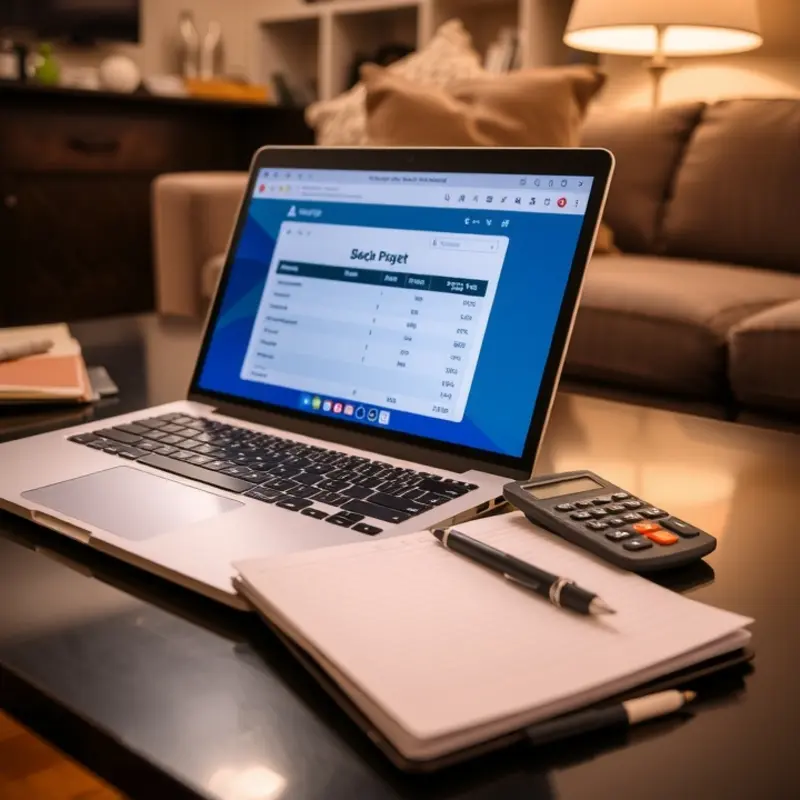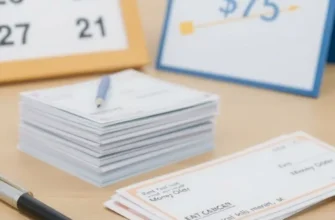Finding the right apartment is just the beginning of your journey as a renter. Understanding the financial aspects and lease agreements are crucial steps for young professionals, students, couples, and families. Many first-time renters are overwhelmed by legal jargon and hidden costs, leading to unnecessary stress and expenses. This guide will help you gain clarity on what to expect from your lease, key financial terms, and how to budget effectively. With the right information, you can make informed decisions, ensure you get the best value for your money, and create a comfortable living space that meets your needs. Whether you’re sharing an apartment with friends or setting up your family’s first home, the advice here will empower you to take control of your rental experience and ease any financial concerns you may have about leasing an apartment.
Understanding Lease Agreements

Signing a lease agreement for your first apartment is a crucial step. A lease is more than a rental contract; it is a binding legal document that outlines the rights and responsibilities of both tenant and landlord. Understanding the key components of a lease can help you make informed decisions and avoid potential pitfalls.
Rent Payment Terms
The lease will specify the amount of rent, the due date, and accepted payment methods. Make sure the payment terms align with your financial situation. Check if there are late payment fees and grace periods. Understanding these terms helps mitigate the risk of unexpected financial penalties. Reviewing articles on resolving rental billing errors can offer further insights on handling discrepancies.
Utilities and Repairs Responsibilities
A common source of confusion is which party is responsible for utilities and repairs. The lease should clearly outline whether water, electricity, gas, and trash removal are included in the rent or if they are your responsibility. Additionally, determine if you are required to pay for certain repairs. Leases may stipulate that landlords handle structural repairs, while you handle minor issues.
Security Deposit Rules
Security deposits are another vital element. Typically, they cover potential damages or unpaid rent when you move out. The lease should detail the amount, how it is protected, and the conditions under which it will or will not be returned. Each state has specific regulations concerning security deposits, so familiarize yourself with the local laws to avoid misunderstandings.
Termination Clauses
Termination clauses are crucial. These clauses dictate the circumstances under which you or the landlord can terminate the lease early. Common termination reasons include significant lease violations or the landlord selling the property. Ensure you understand the notice period required and any penalties for early termination. This knowledge can save you from unexpected legal trouble if your situation changes.
A lease agreement is your reference guide throughout the tenancy. Reading and fully understanding it before signing cannot be overstated. Addressing any unclear terms with your landlord upfront can prevent future grievances and contribute to a harmonious renting experience.
Budgeting for Your New Home

Moving into your first apartment can be both exhilarating and daunting. Establishing a solid budget is crucial to ensure you’re not overwhelmed by financial commitments. Let’s explore the key components you need to consider to avoid any surprises.
Rent is likely the most significant part of your budget. Ideally, it should not exceed 30% of your monthly income. Be sure to understand your lease agreements and any additional fees, such as parking or pet fees.
Next, include utilities in your budget. These can vary widely depending on the location and energy efficiency of the apartment. Generally, you should budget for electricity, gas, water, trash, and internet services. Research typical utility costs in your area to get a better understanding.
Groceries are another considerable expense. Keep track of your spending on food and household supplies. Cooking at home more often not only helps you save money but can also improve your health.
Don’t overlook commuting costs. Whether you rely on public transportation or own a car, estimate your monthly expenses, including gas, public transit passes, or rideshare services.
Allocate a portion of your budget for unexpected expenses. This fund is crucial for covering emergencies like medical bills or urgent repairs. Even setting aside a small amount each month can accumulate to a significant safety net over time.
Practical and effective budgeting tools can enhance your financial management. Digital budgeting apps or a simple spreadsheet can help you track expenses, categorize spending, and compare budgets versus actual costs.
Prioritize saving for future goals alongside your immediate expenses. Once your necessities are covered, consider opening a savings account dedicated to long-term objectives, such as vacations, a new car, or further education.
For tips on improving your financial health, explore credit improvement strategies. This can benefit future rentals and large purchases.
Stay diligent by reviewing your budget regularly. Adjust categories and amounts as necessary to reflect changes in your income or expenses. Staying informed and proactive is key to financial literacy as a first-time renter.
Final words
Understanding the financial aspects of renting an apartment can alleviate fears and empower you to make sound decisions. By grasping the terms and responsibilities outlined in your lease agreement and implementing a solid budgeting strategy, you can navigate the renting process with confidence. Remember, the right information is vital to avoid common pitfalls and ensure a smooth transition into your new home. With clarity and planning, renting can be an enjoyable and financially sound step towards independence.









